日本に住む外国人が増える中、その子どもたちもまた地域の学校に通うようになっています。しかし、そうした子どもたちすべてが「学ぶ機会」を平等に得られているとは言いがたい現実があります。特に深刻なのは、日本語がわからないまま教室に取り残される子どもたちの存在です。
As the number of foreign residents in Japan continues to rise, more and more of their children are entering local schools. However, not all of these children are given equal opportunities to learn. One of the most serious challenges they face is being left behind in classrooms due to language barriers.
教室で、ただ黙って座っている子ども
ある小学校では、転入してきた外国籍の児童が半年以上、授業中に一言も発しないままでした。先生は心配しながらも日本語指導の専門教員がいないため、日々の授業に追われて対応しきれませんでした。ようやく通訳ボランティアが入り、その子が「何もわからないけど、怒られないように黙っている」と話したとき、教室中が静まり返ったそうです。
At one elementary school, a newly enrolled foreign student did not speak a single word in class for over six months. The teacher was concerned, but with no specialized Japanese language instructor, they were overwhelmed with daily responsibilities. When a volunteer interpreter was finally brought in, the child explained, “I don’t understand anything, so I stay quiet to avoid getting scolded.” The entire class fell silent upon hearing that.
制度があっても、届かない支援
文部科学省は日本語指導が必要な児童・生徒に対応する制度を整備しています。しかし、支援教員の配置は自治体任せで、実際には「制度があるのに使えない」「予算がなくて派遣できない」といった声が現場から上がっています。特に地方では、子どもが点在しているため、支援が行き届かず“無支援地帯”になっているケースもあります。
The Ministry of Education has established systems to support students requiring Japanese language instruction. However, the actual implementation is left to local governments. Many schools report that even though systems exist, they cannot access them due to lack of funds or staff. In rural areas, where foreign children are spread out, some communities have become “support deserts” with no help at all.
家庭にも届かない「声」
学校からのお知らせが読めない、先生の言っていることがわからない、どこに相談していいのかもわからない。保護者もまた孤立しています。母親が「子どもが学校で何をしているのかまったく分からない。何か悪いことがあったらどうしよう」と涙ながらに語る姿もあります。教育は、学校と家庭がつながってこそ意味を持つのに、その“橋”がかけられていないのです。
Many parents are also isolated — they cannot read school announcements, don’t understand what teachers are saying, and have no idea where to seek help. Some mothers tearfully admit, “I don’t know what my child is doing at school. What if something bad happens?” Education only has meaning when school and home are connected, yet that bridge is missing.
“見えない不就学”という現実
学齢期にもかかわらず学校に通っていない外国籍の子どもが全国で8,600人以上いると推計されています。転入の手続きがうまくいかなかった、家庭の事情で就学が遅れた、日本語がわからず学校が怖い――理由はさまざまですが、共通しているのは「支援につながっていない」ことです。誰も気づかないまま時間だけが過ぎていく。まさに“見えない不就学”の問題です。
It is estimated that over 8,600 foreign children of school age are not enrolled in any school across Japan. Reasons vary — failure to complete transfer procedures, family issues delaying enrollment, or fear of attending due to language barriers. But the common thread is a lack of connection to support. Time passes unnoticed, and these children quietly fall through the cracks.
社会が見て見ぬふりをしていないか
こうした子どもたちを目の前にして、私たちは「制度がある」「自治体の問題だ」と片付けてしまっていないでしょうか。教員任せにして、地域住民が無関心でいれば、子どもたちは確実に孤立します。見えない壁は、制度ではなく「私たちの無関心」によって作られているのかもしれません。
Faced with these children, are we dismissing the issue by saying, “There’s a system for that” or “It’s the local government’s problem”? If we leave it all to teachers while remaining indifferent as a community, these children will inevitably be left behind. The real barrier may not be a lack of systems — but our own indifference.
“共に生きる”社会へ、今こそ姿勢が問われている
外国人の子どもたちが安心して学び、生きていける社会。それは、制度だけではなく、私たち一人ひとりの姿勢にかかっています。「かわいそう」と同情するだけではなく、「この社会の一員」として対等に向き合うこと。支援とは、特別なものではなく、共に生きるための当たり前の行動です。今こそ、その姿勢が私たちに問われています。
A society where foreign children can learn and live without fear — achieving that depends not just on systems, but on our individual attitudes. Sympathy alone is not enough. We must face these children as equals, as members of our community. Support is not charity; it is a natural act of coexistence. Now is the time for each of us to decide what kind of society we want to build.
「こんなことで相談していいの?」
—— 大丈夫です! あなたの不安に丁寧に向き合います
フジ行政書士事務所では、日本で暮らす外国人の方が安心して生活できるよう、ビザのことはもちろん、手続き・仕事・暮らしの中で感じる不安や悩みにも寄り添っています。
「誰に相談したらいいかわからない」そんなときこそ、フジ行政書士事務所にご相談ください。
あなたにとっていちばん良い形を、一緒に考えていきます。
※LINEをご利用でない方は、▶ お問い合わせフォームはこちら からもご相談いただけます。


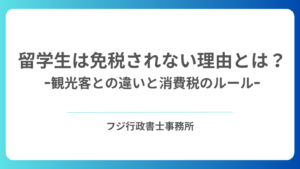
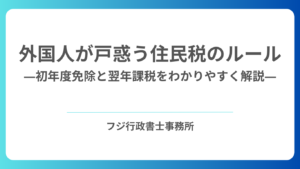
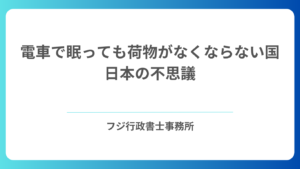
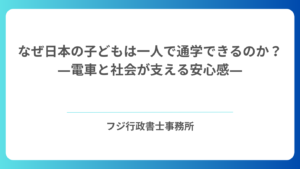
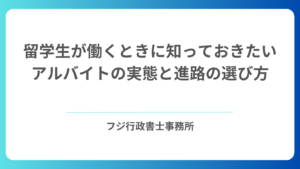
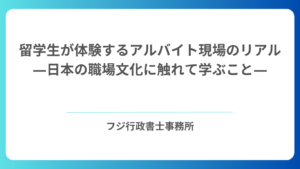
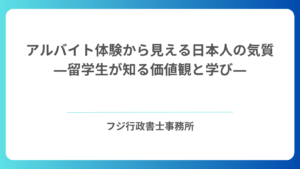
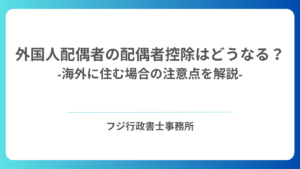
コメント